COSMETIC STANDARDS
Cosmetic Standards for WOOD
It's crucial to acknowledge that these features are unique to each item and should not be regarded as defects.
Subtle differences in color, grain, as well as the presence of cracks and knots, are distinctive attributes that highlight the individual character of the wood, contributing to the distinct qualities of each piece. These slight variations are highly sought-after, enhancing the genuine beauty of the wood.
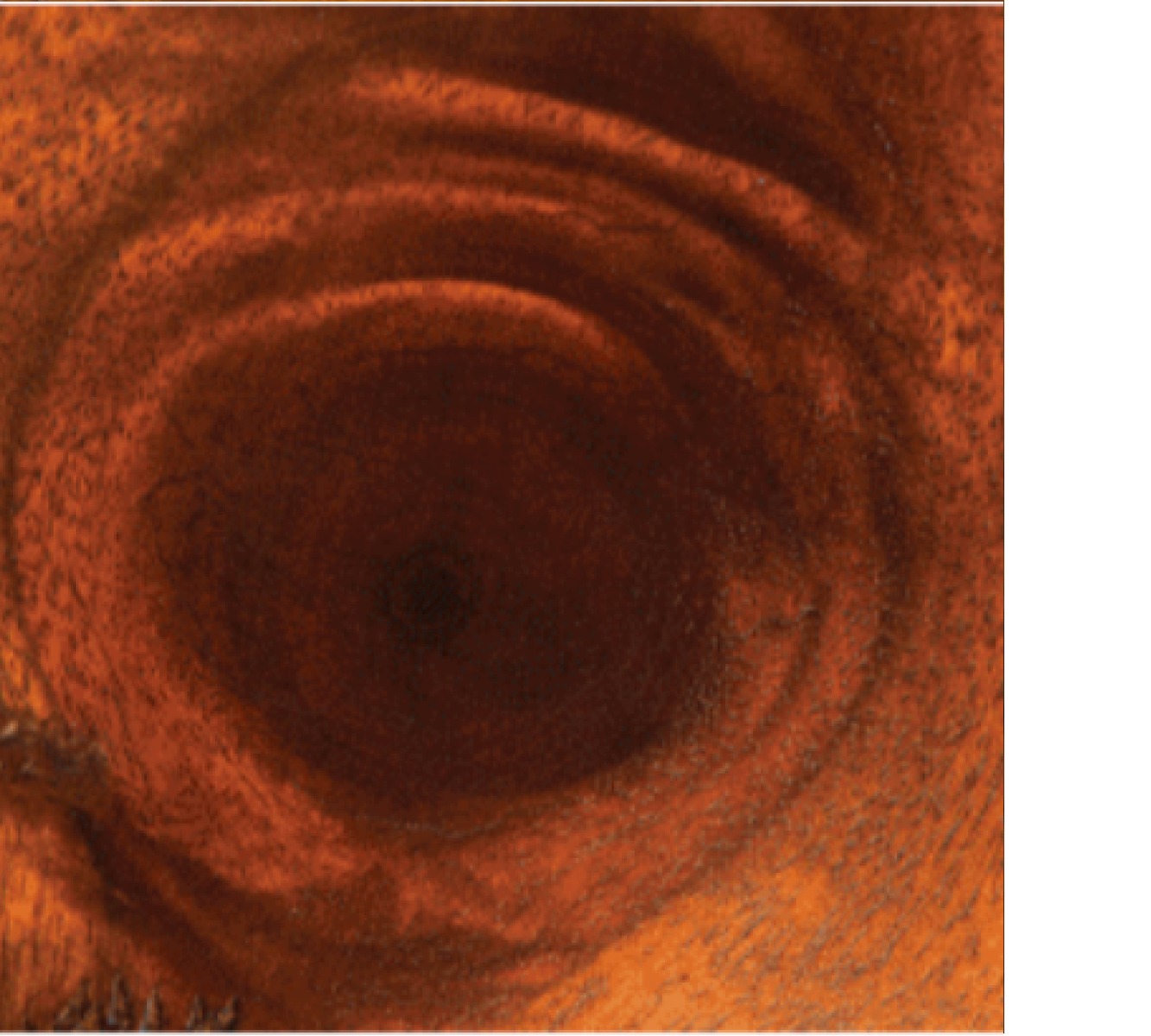

Knots
Knots represent natural imperfections in the wood, forming where tree branches were enclosed within the trunk. Given that HTD furniture is crafted from the entire tree, knots of diverse sizes and shapes will naturally be part of the design. In some cases, small cracks may appear within the knots. It's important to note that these minor cracks do not compromise the structural integrity of the furniture and are not deemed defects.
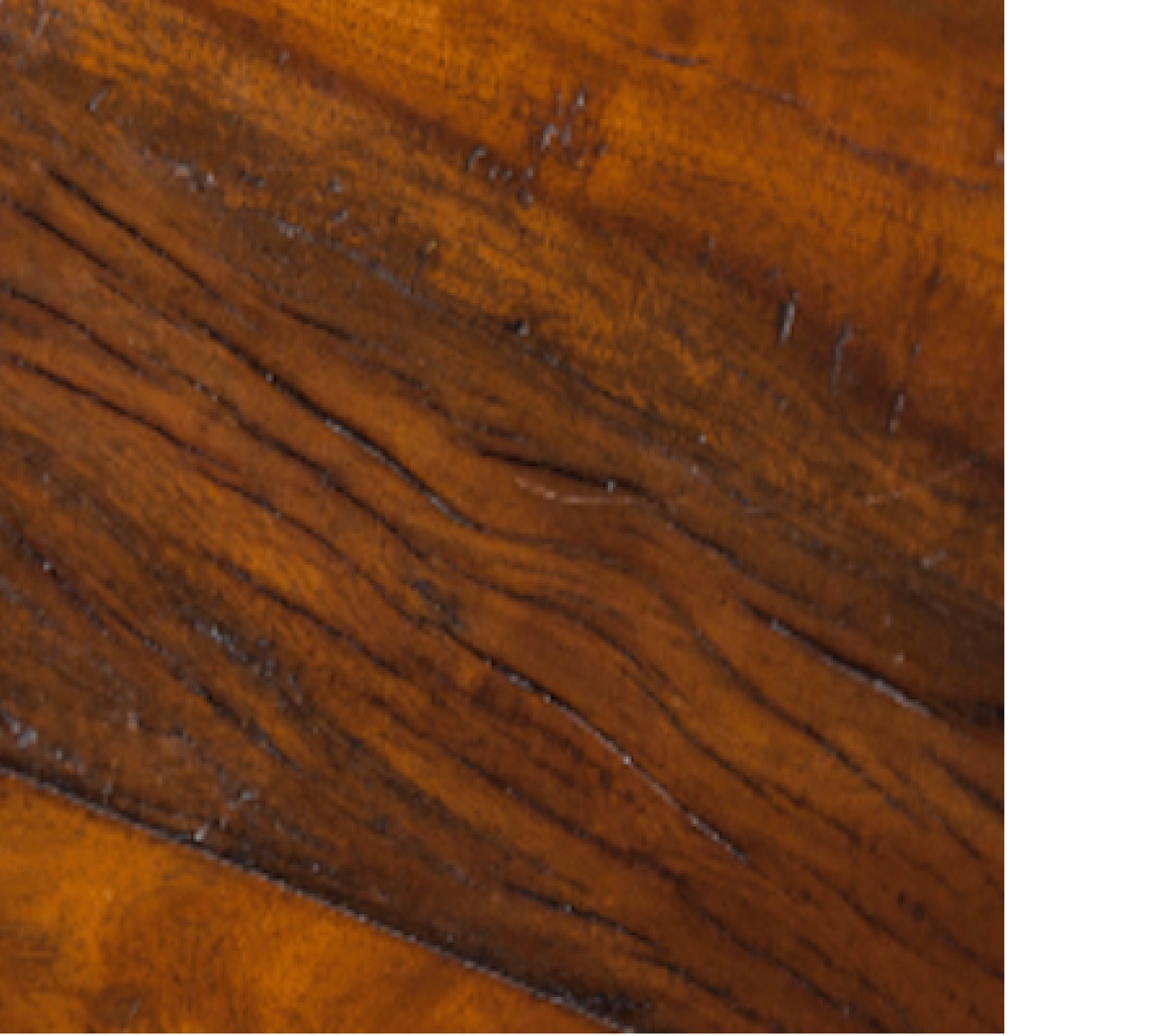

Checking
Checks, which are hairline cracks in the wood resulting from natural tree movement due to wind and environmental elements, are inherent in the tropical hardwoods used by HTD. Fluctuations in climate, environmental conditions, and factors like air conditioning, heaters, and sunlight may cause these cracks to open and close over time. This occurrence is unavoidable and not considered a defect.
In some cases, minor touch-ups with a stain marker may be necessary.
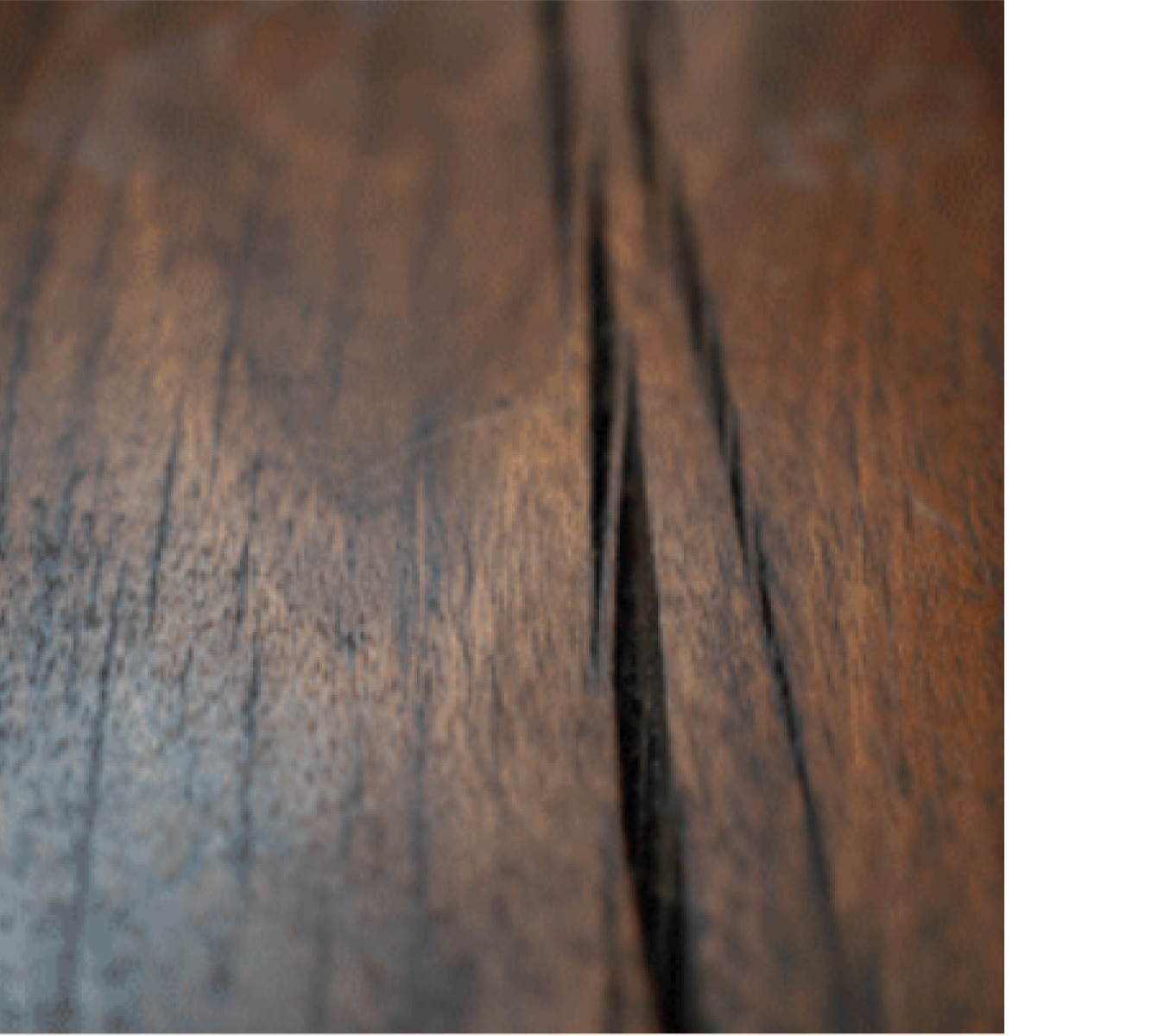

Natural Cracks
Seasonal cracks and splits, while normal in solid tropical hardwood furniture, may occasionally emerge. Often, these natural cracks result from environmental changes like humidity and sunlight. They are a natural aspect of the wood, influenced by the tree's movement due to wind and natural forces. If the crack is within reasonable limits, it won't impact the furniture's structural integrity and is not deemed a defect.
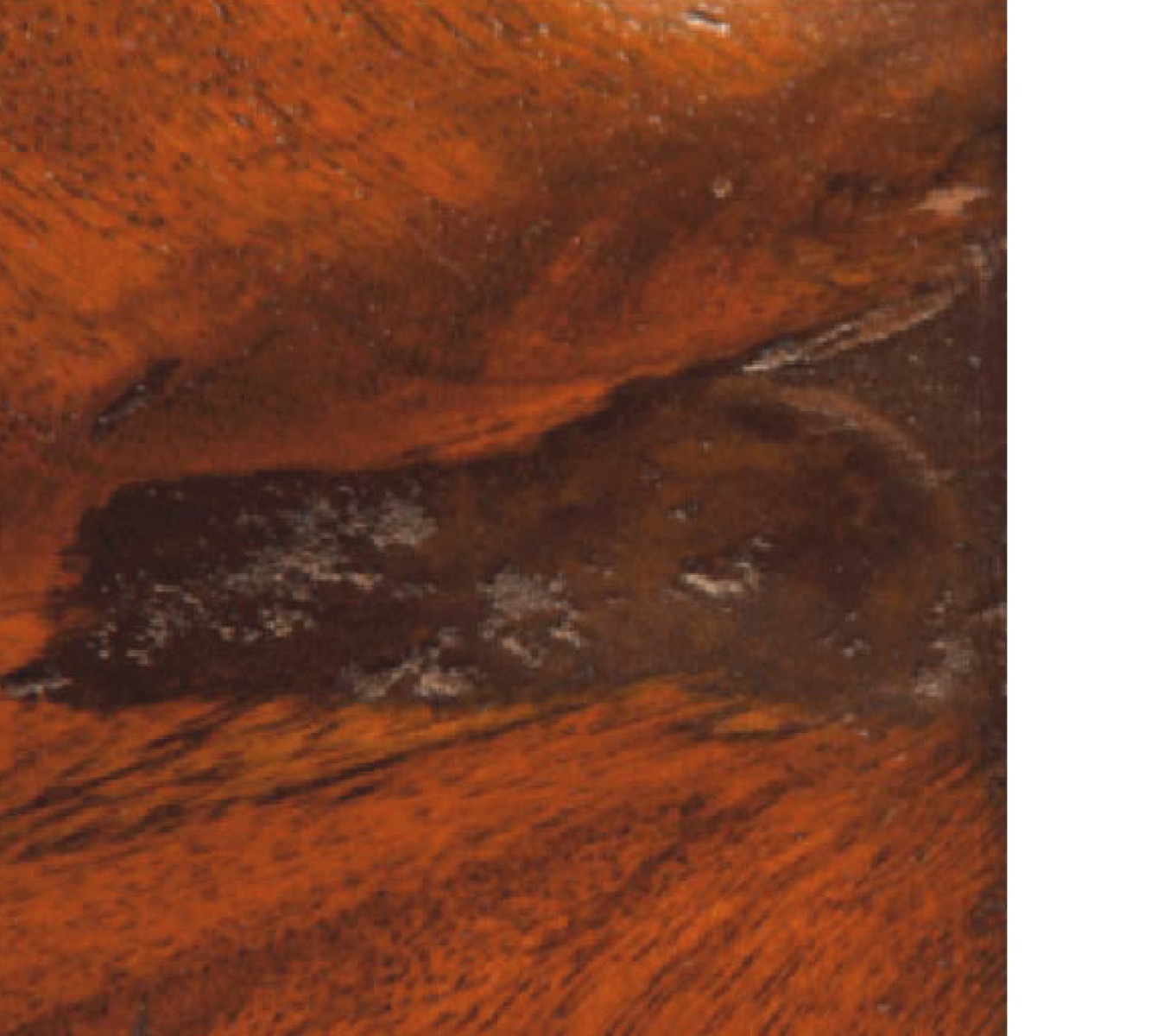
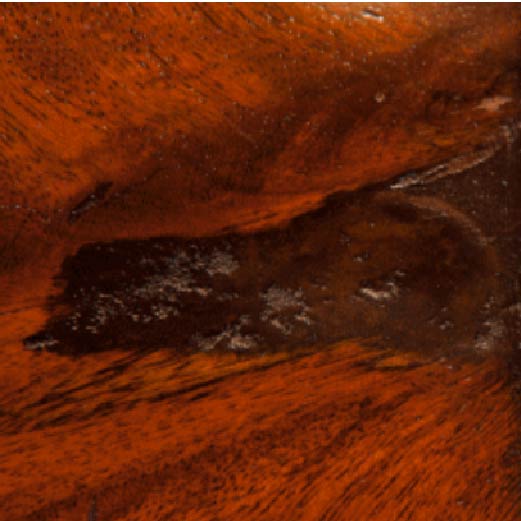
Filler
Given that HTD utilizes the entire tree in crafting its furniture, certain knots and wind cracks may require the application of filler. HTD exclusively employs high-quality epoxy-based filler renowned for its durability, ensuring its longevity matches that of the furniture. While efforts are made to closely match the coloration, the presence of filler, if noticeable, is not considered a defect. This strategic use of filler aligns with our commitment to eco-friendliness by minimizing wood waste during the crafting process.
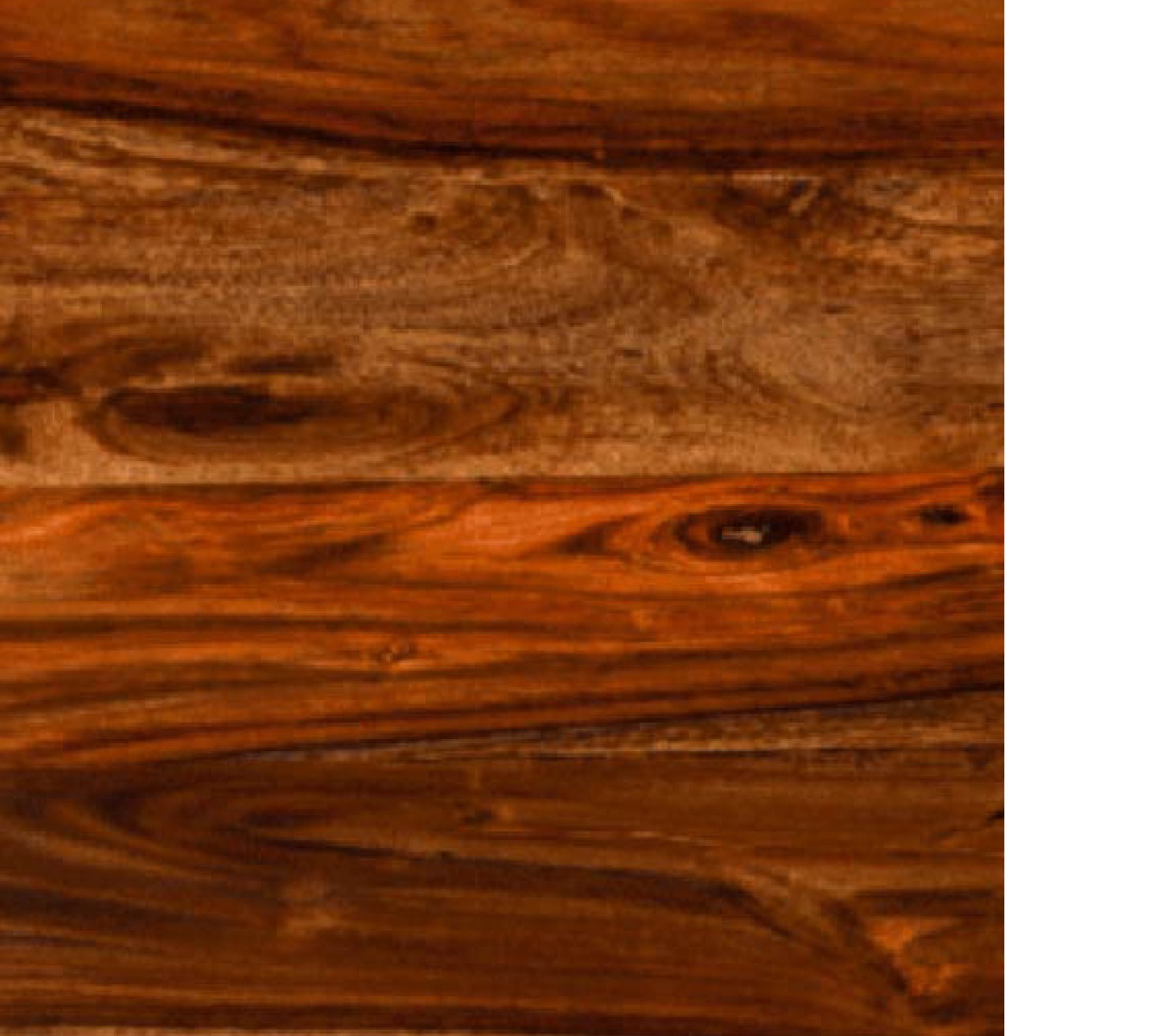

Grain Difference
HTD's solid hardwood furniture utilizes tropical hardwood with pronounced grain and color variations. These differences contribute significantly to the product's beauty, turning each piece into a unique work of art. Therefore, these variations are inherent, unavoidable, and not regarded as defects.
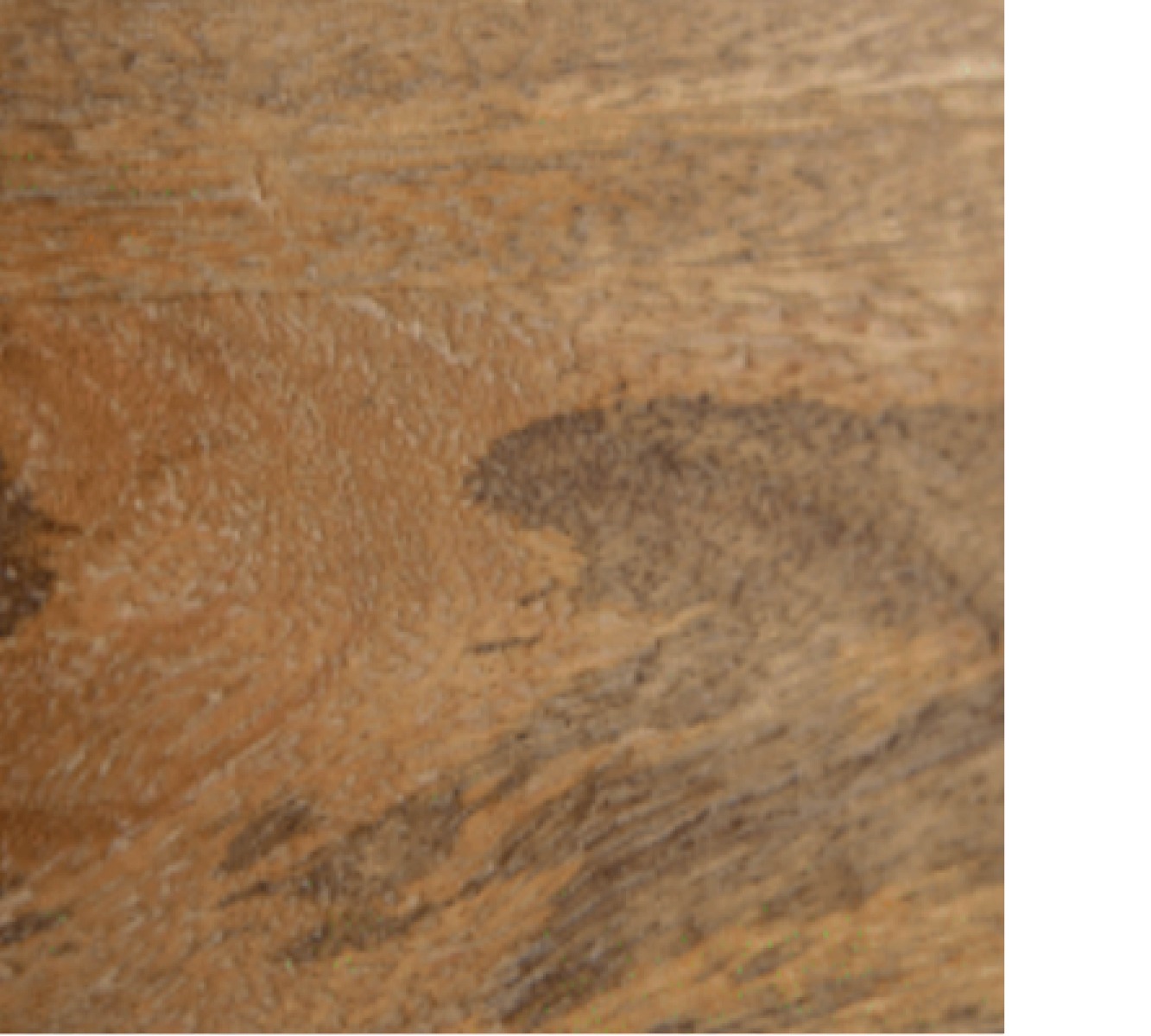

Mineral Deposits
The natural minerals like iron, phosphate, calcium, etc., present in the soil where the tree grew can result in variations in wood grain. These variations may manifest as rings, circles, lines, or shades darker or lighter than the regular wood grain. These characteristics are intrinsic, unavoidable, and not classified as defects.
Cosmetic Standards for STONE
It's crucial to acknowledge that these features are unique to each item and should not be regarded as defects.
Subtle variations in color, veining, and texture, along with natural fissures and patterns, are inherent characteristics that define the individuality of each marble and stone piece. These unique traits are highly valued, contributing to the distinct and timeless beauty of the material.
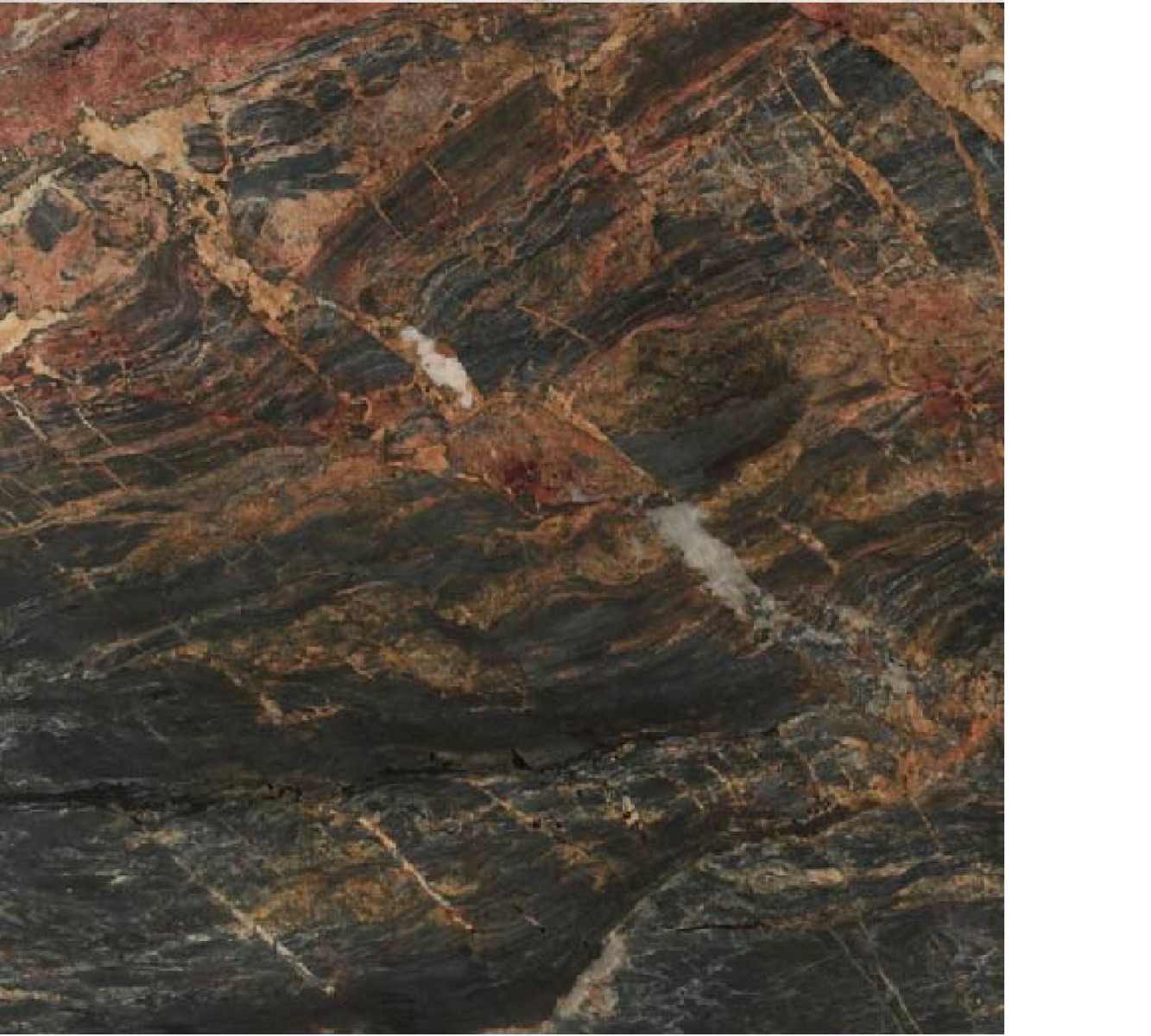

Natural Fissures
Marble may contain natural fissures, which are formed during the stone's geological development. While these fissures contribute to its unique character, they may require reinforcement or sealing to ensure long-term stability and durability
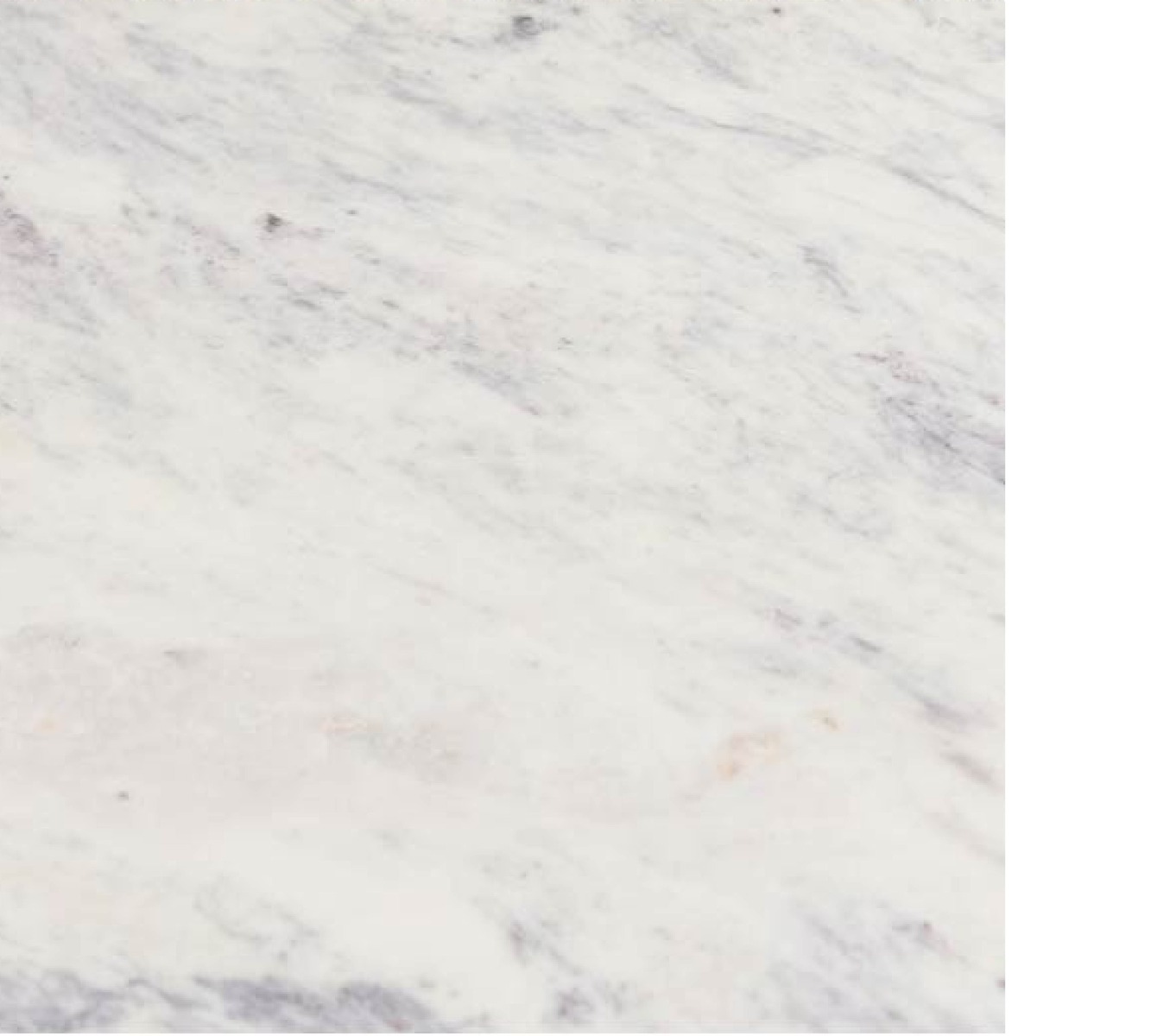

Surface Finish
Marble's ability to achieve a smooth, polished surface enhances its luxurious appeal. This refined finish not only highlights the stone’s natural beauty but also provides a sleek, tactile quality that complements premium designs
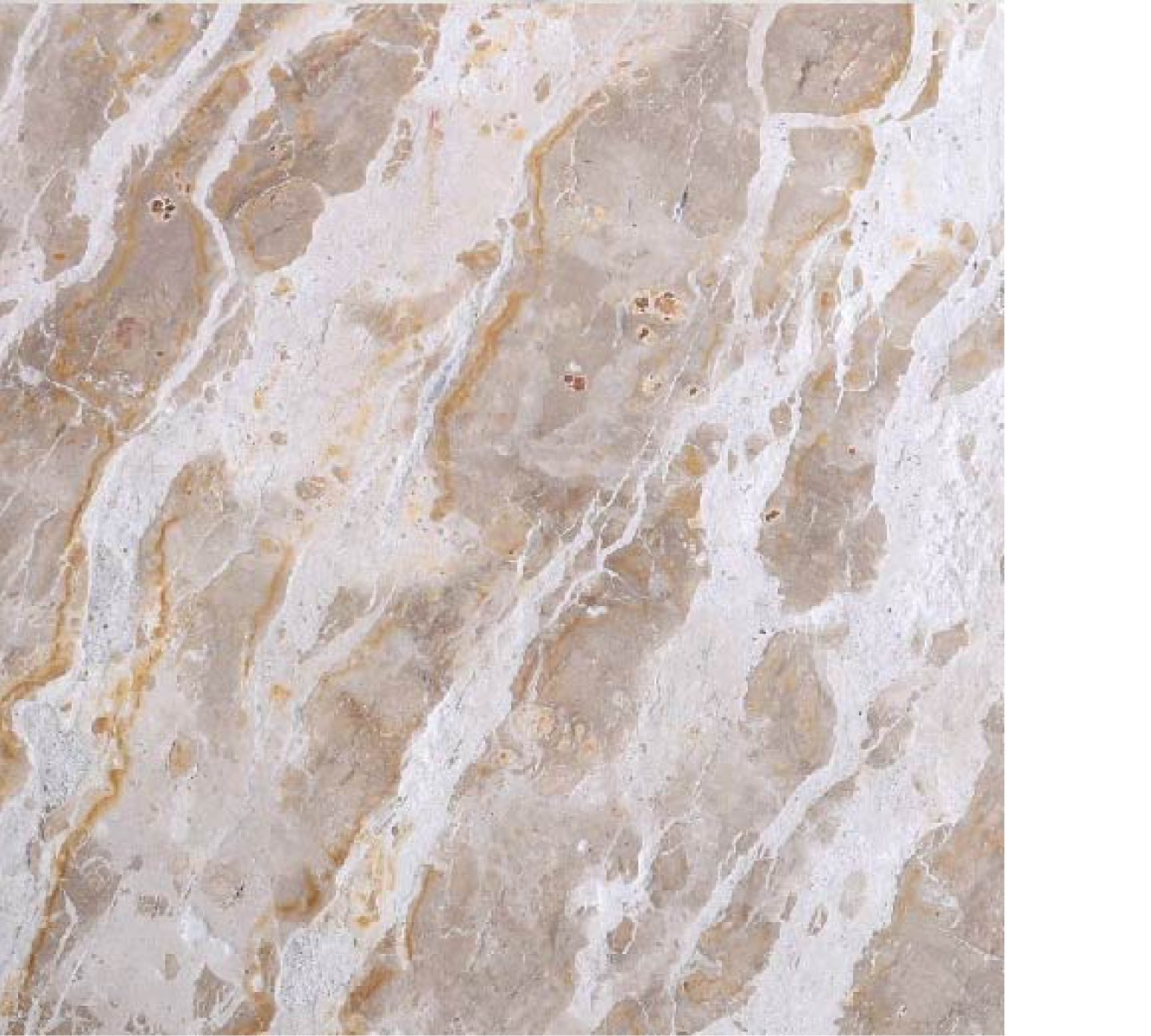

Color and Veining
Marble is known for its diverse color palette, ranging from soft neutrals to bold hues, often accented by intricate veining. These natural patterns vary in intensity and movement, giving each piece a distinctive, high-end appearance ideal for cosmetic applications
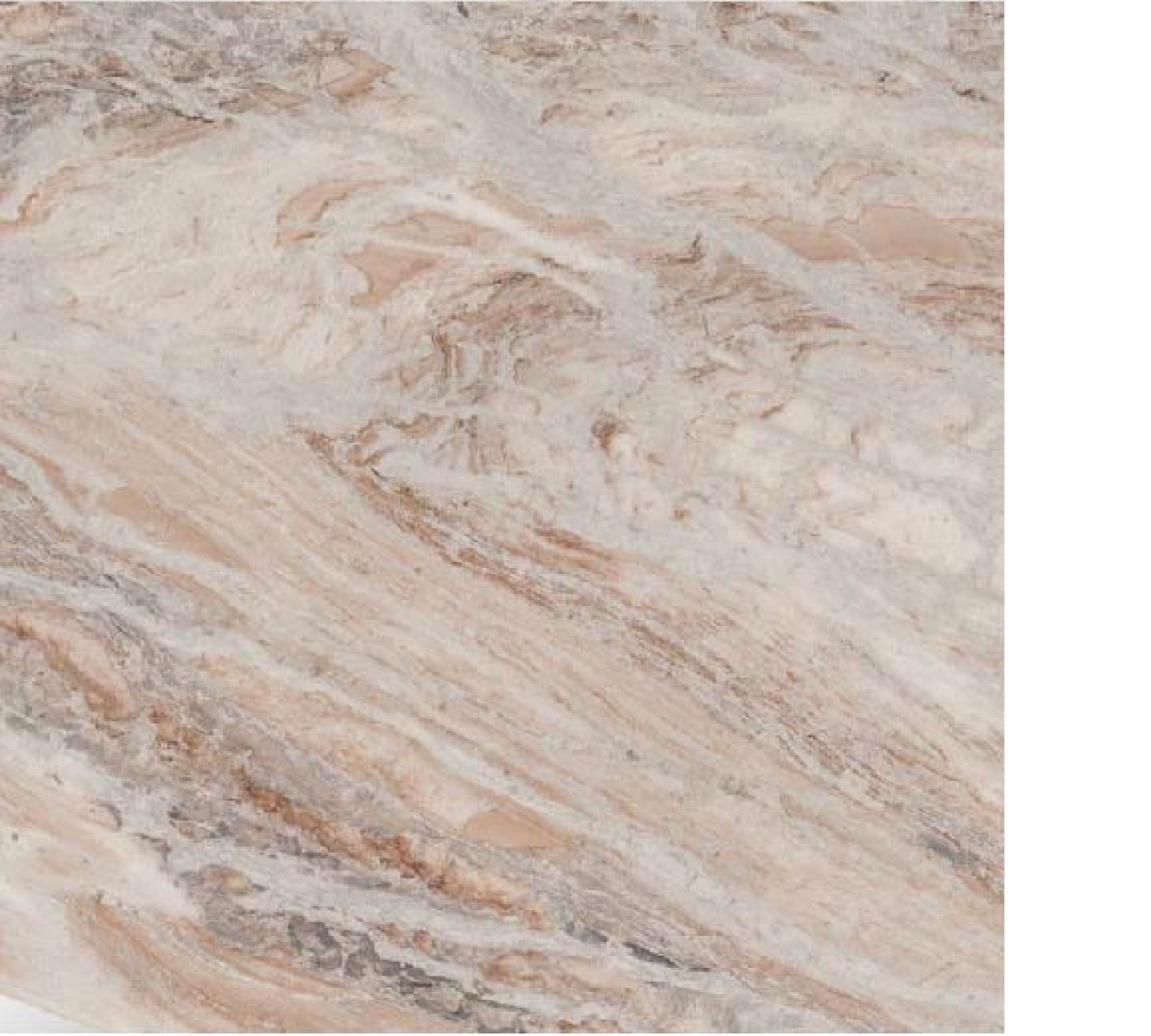

Natural Variation
As a product of nature, each marble slab showcases one-of-a-kind color shifts, vein patterns, and textural details. These organic variations add depth and individuality, ensuring no two pieces are exactly alike
Wood Glossary
Learn more about the all the tree species that we use in our solid wood products.
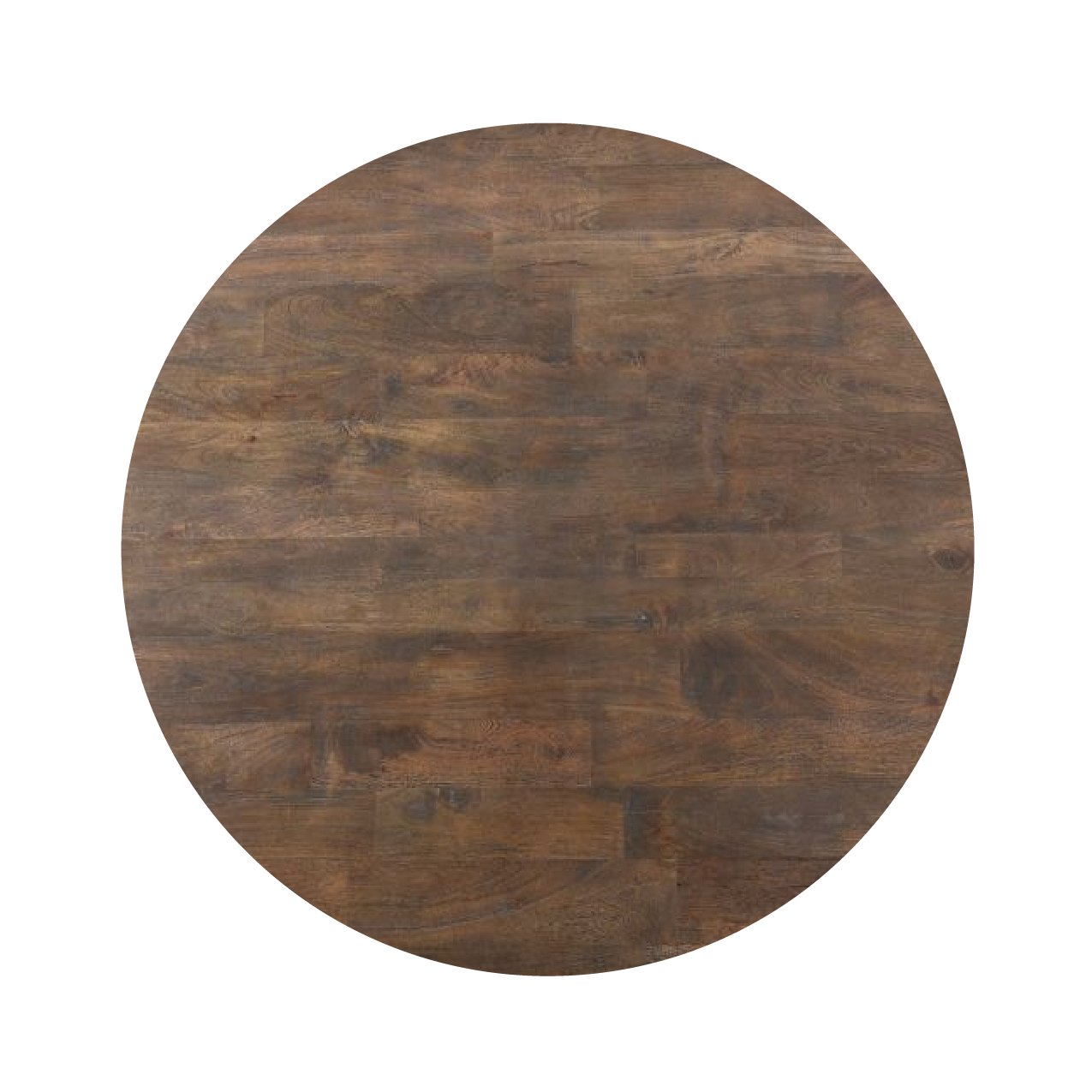

Mango Wood
Most Popular Fruit Tree Worldwide
Mango Trees top the charts globally as the most popular fruit tree
Ideal for Solid Wood Furniture
These fast-growing hardwoods boast dense grains, making them perfect for crafting durable and high-quality solid wood furniture
Sustainability and Regular Replanting
Harvested and regularly replanted due to their crucial role as a major food crop
Wood Quality
Comparable in quality to cherry or ash, enhancing its appeal for various applications
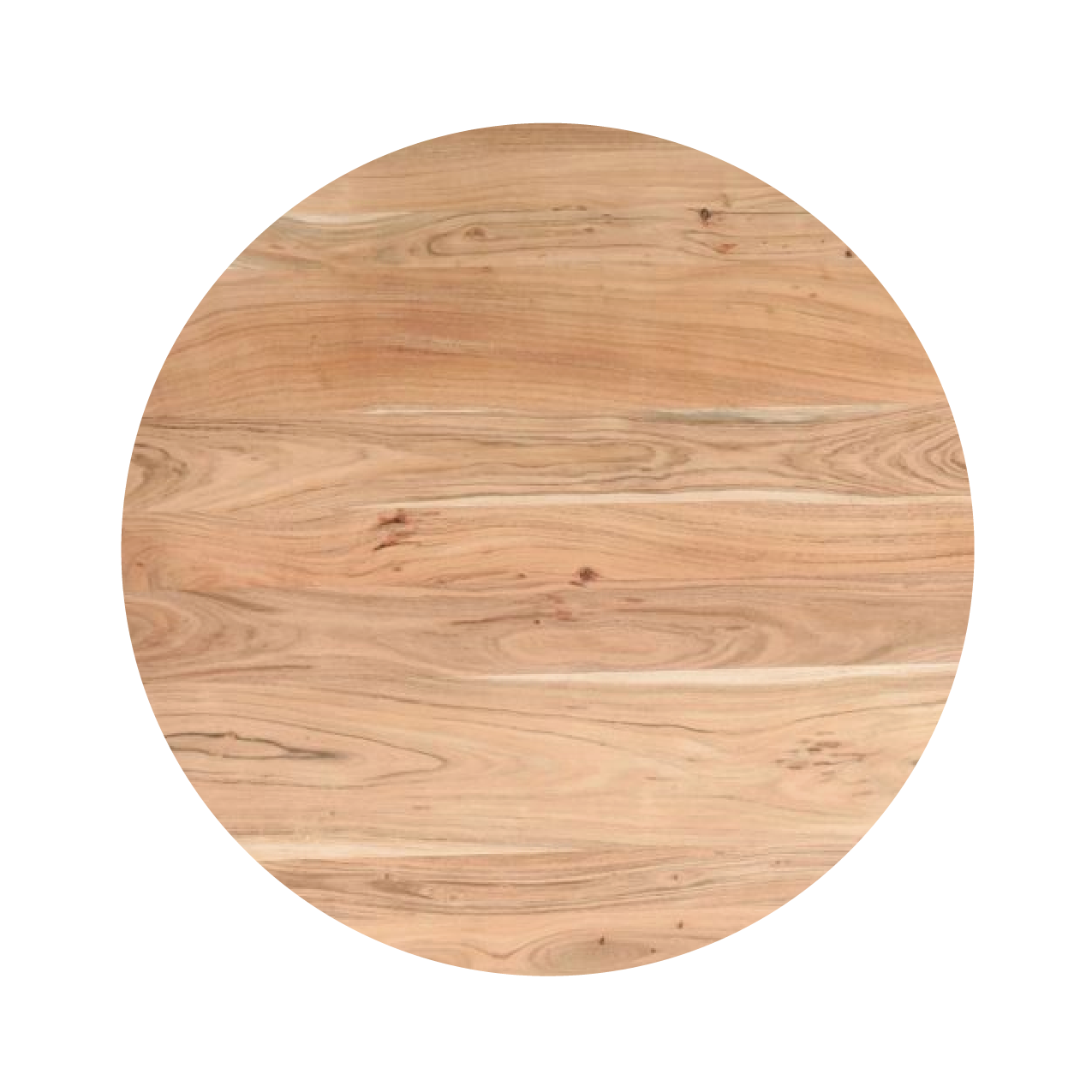

Acacia Wood
Diversity in Species
Over 2,000 species make Acacia the most common tree globally
Sustainable Harvesting
Harvested in accordance with government and forestry standards, ensuring responsible and eco-friendly practices
Dense and Durable
Exhibits exceptional density and quality, making it a long-lasting choice that can endure for generations
Rapid Maturity
Reaches maturity in just 5 years, contributing to its appeal for sustainable and efficient wood sourcing
Wood Quality
Comparable to mesquite wood, emphasizing its desirable characteristics and versatility
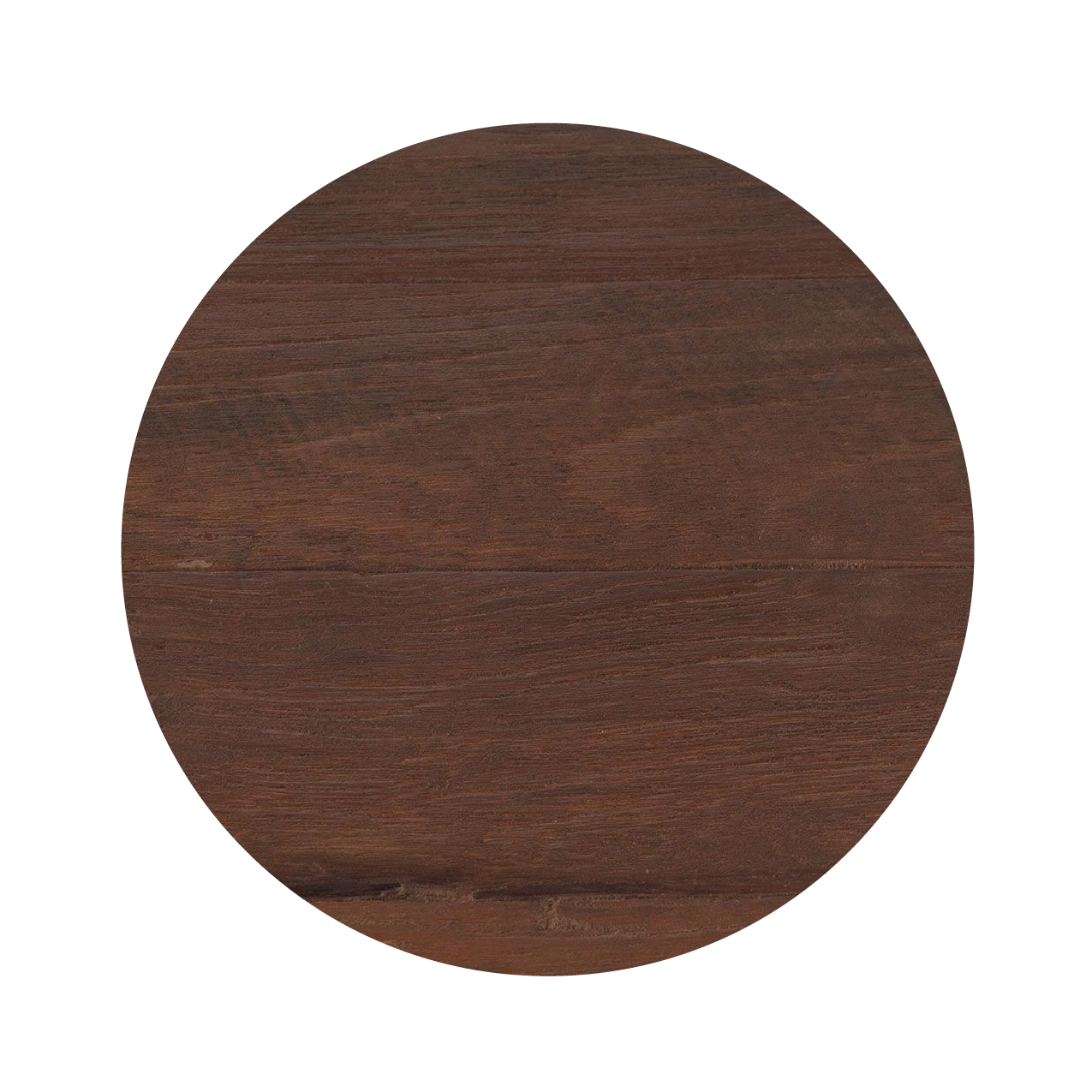

Reclaimed Teakwood
Prized Characteristics
Valued for its exceptional beauty, durability, and resistance to moisture, making it a sought-after material
Rich Heritage
Boasting a legacy of over 5000 years, a known staple in the Indian subcontinent for constructing buildings, furniture, and boats
Sustainable Reclamation
Continuously reclaimed and re-purposed for generations, highlighting its sustainability and timeless appea
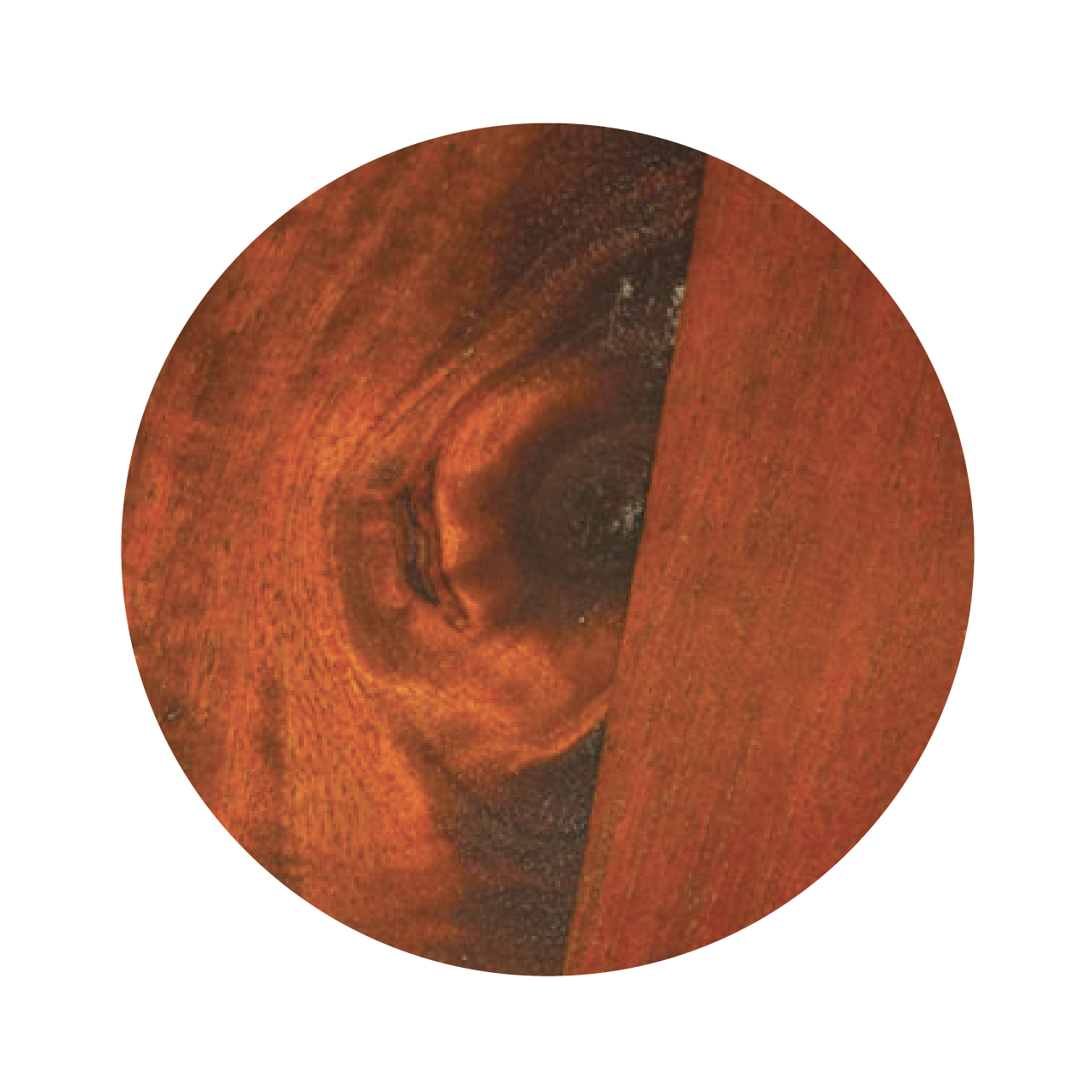

Reclaimed Neem & Saal Wood
Durable and Moisture-Resistant
Exhibits durability, moisture resistance, and natural insect-repelling qualities, ensuring longevity and resilience
Historical Origin
Reclaimed from palaces and forts, sourced as interior support beams, carrying a historical and authentic character
Cultural Significance
Primarily used as a building material in India, reflecting its cultural importance and traditional applications
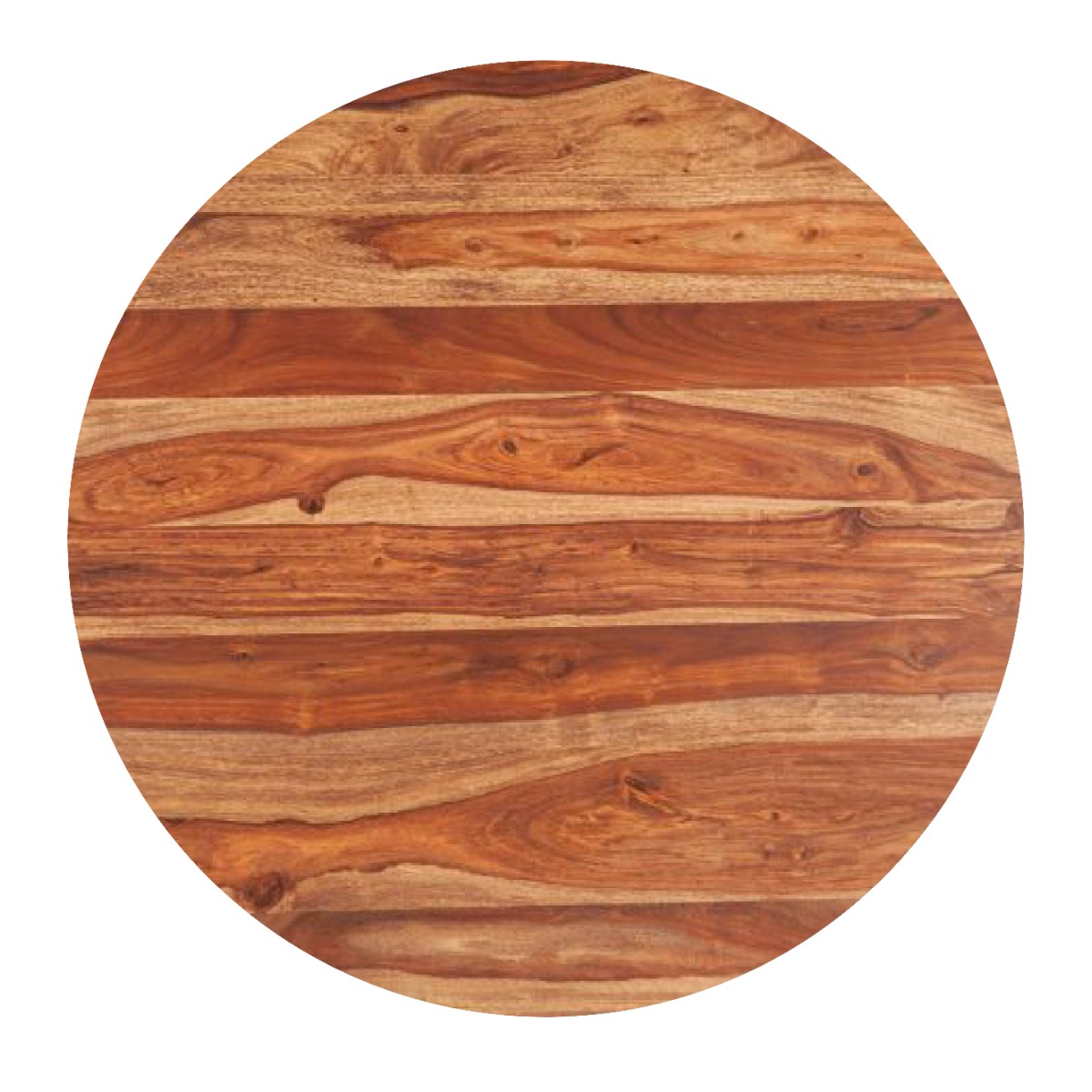

Sheesham (Indian Rosewood)
Grain and Appearance
Sheesham (Indian Rosewood) features rich, warm tones with distinctive grain patterns that add visual depth, making it a popular choice for decorative finishes
Durability and Texture
This dense, durable wood has a smooth texture that polishes beautifully, providing a refined look suitable for cosmetic application
Natural Variation
Due to its organic growth patterns, Sheesham (Indian Rosewood) may show slight differences in color and texture, adding to its unique appeal
Stone Glossary
Learn more about the all the stone types that we use in our products.
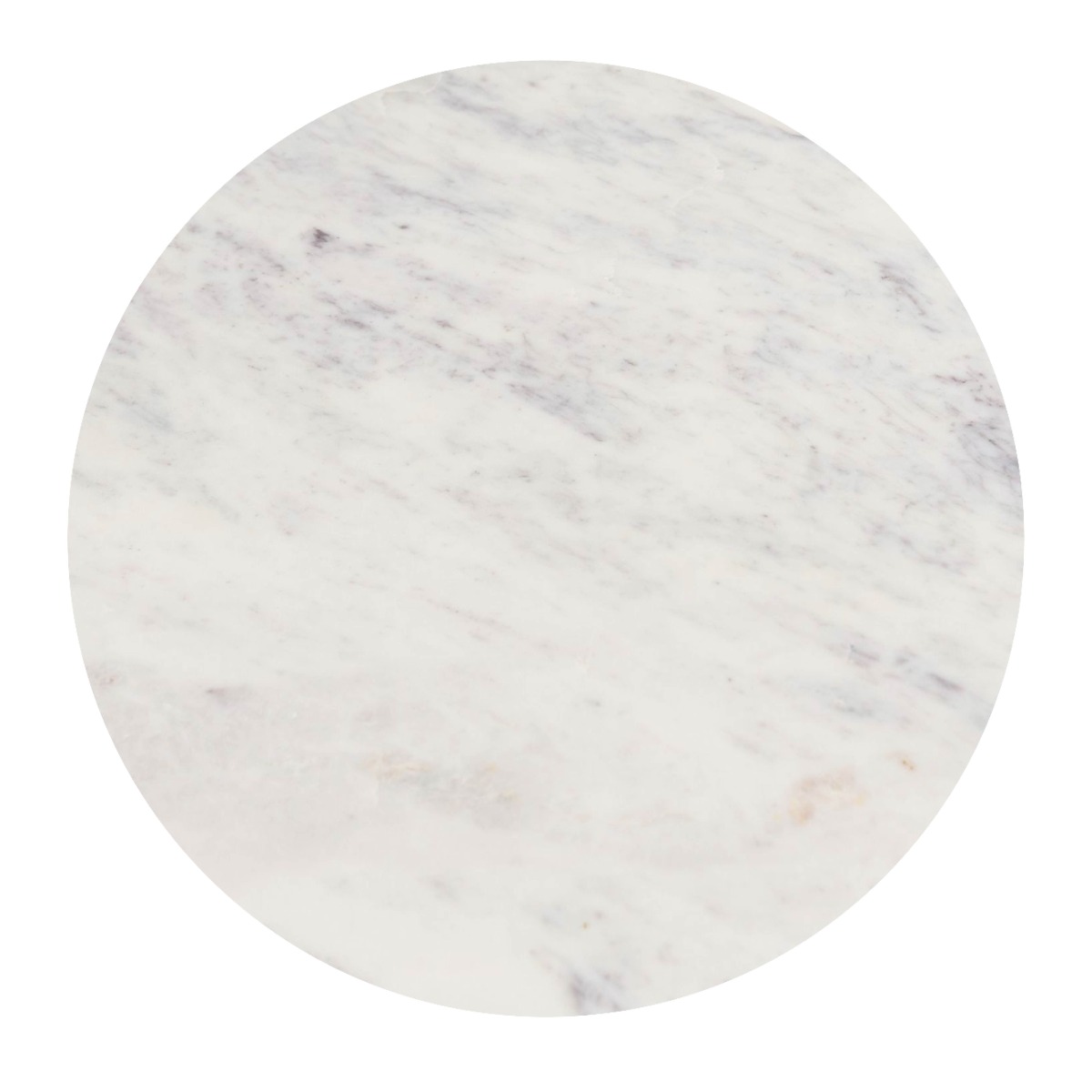

White Marble
A classic and elegant material, featuring a bright, clean surface with natural veining in shades of grey, beige, or gold. White Marble's sophisticated aesthetic offers a luxurious and timeless appeal.
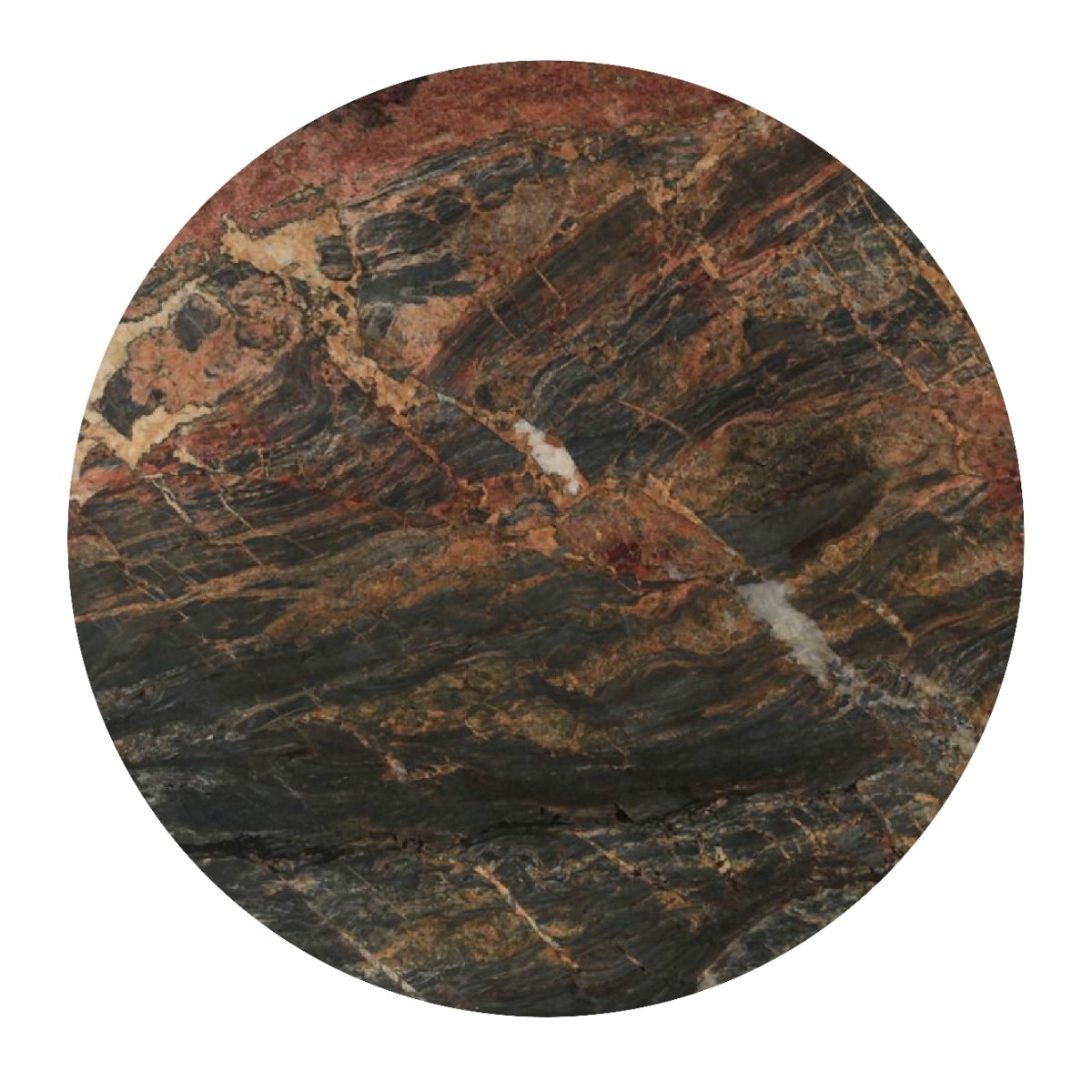

Lava Marble
A striking stone known for its deep, rich tones, often ranging from dark grey to black, with bold, irregular veins of lighter shades that mimic the raw, volcanic origins of the material. The natural fissures and textures add a rugged yet refined quality, with a durable surface.
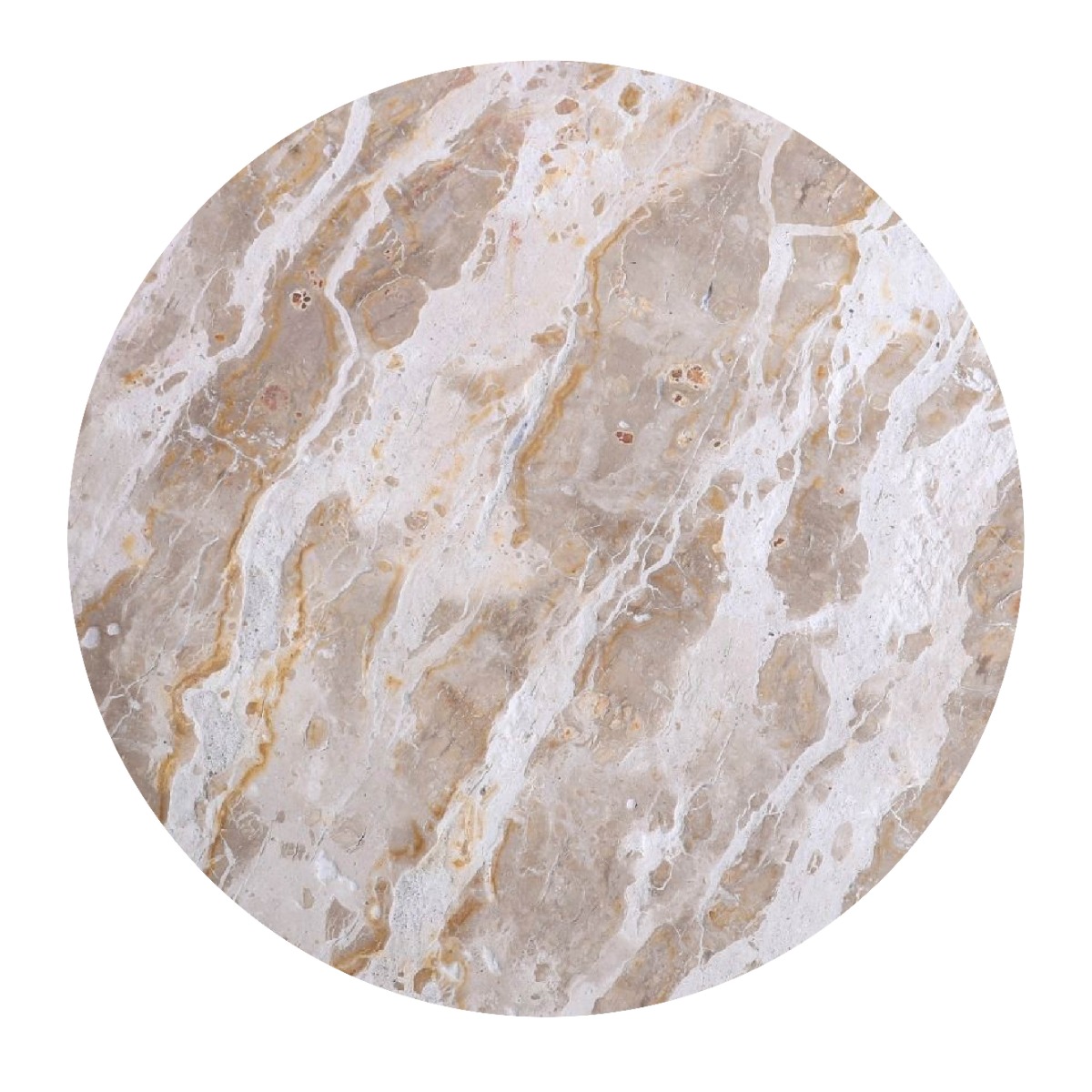

Capri Marble
This warm, elegant stone featuring soft beige tones with subtle veins of lighter and darker hues. Its smooth, polished surface and fine texture make it ideal for creating sophisticated, timeless designs. The natural variations in color and veining add character, ensuring each piece is unique
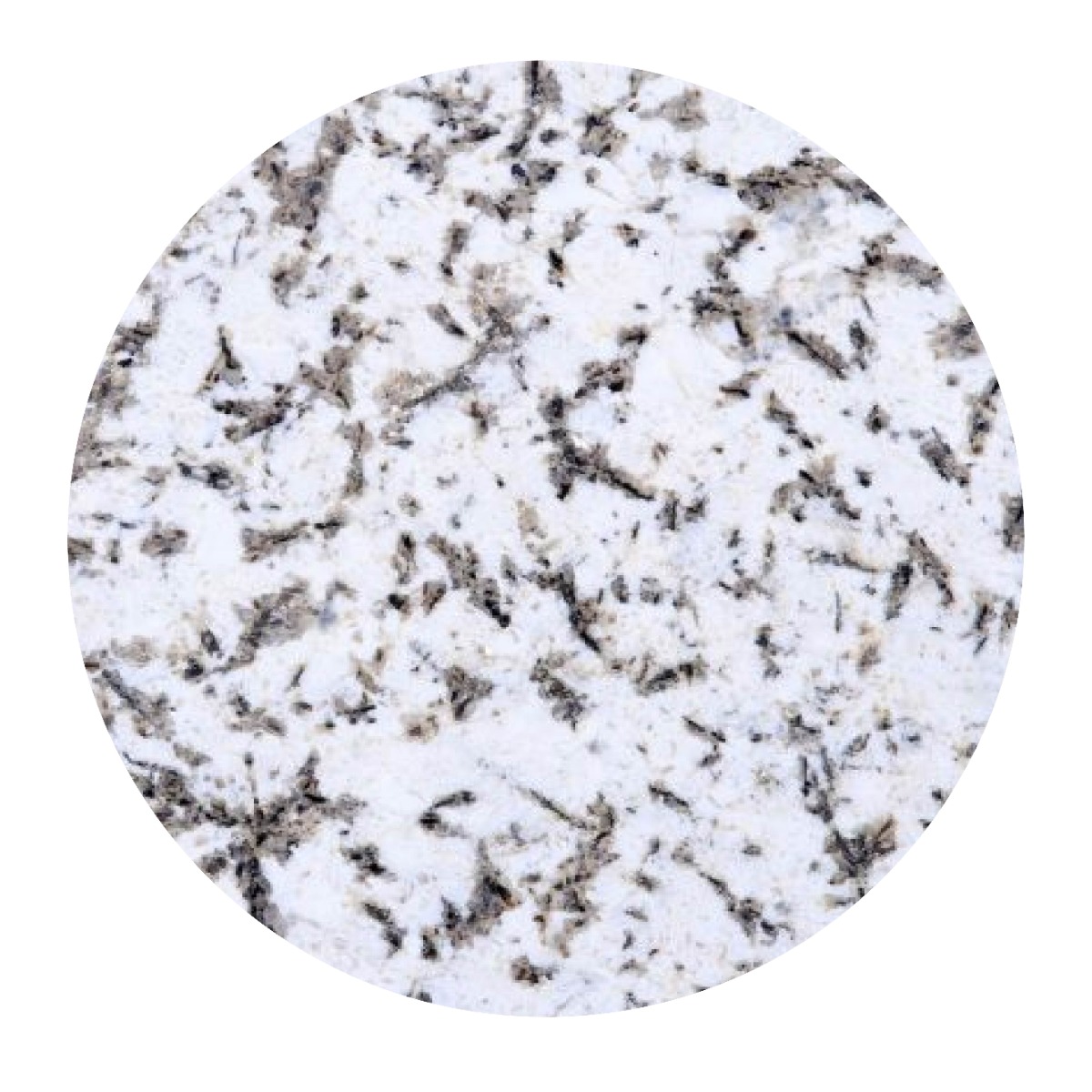

Alaska White Marble
This marble features a crisp white base with soft, grey veins running through, adding subtle contrast and visual interest. The gentle variations in veining ensure that each piece is unique, enhancing the beauty and elegance of any design. Ideal for accent tables, bases, and decorative elements, providing a versatile and luxurious look.
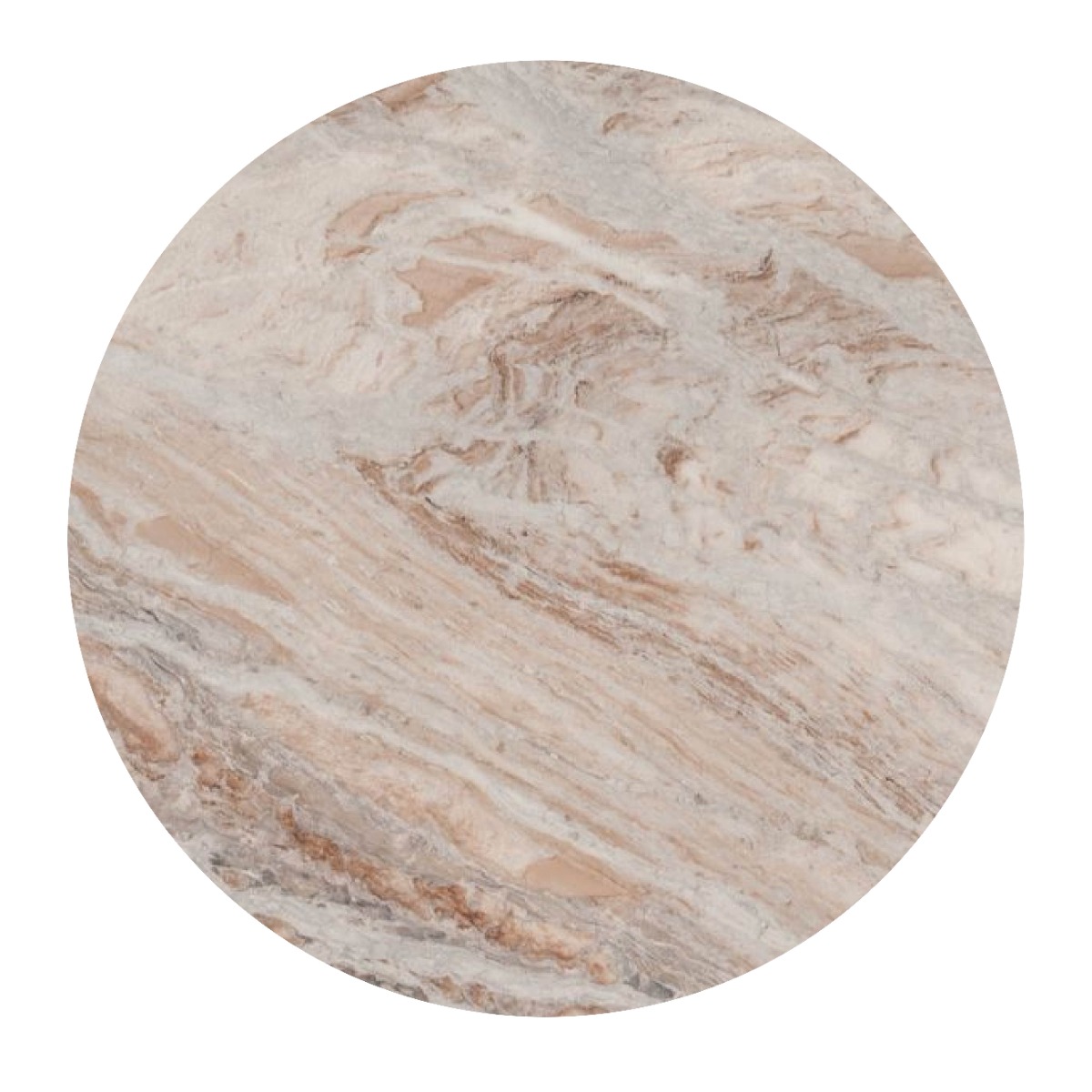

Sawar Marble
Known for its soft beige tones with subtle veining, Sawar marble offers a warm, understated look. Its uniform background makes it ideal for creating a clean and elegant aesthetic.
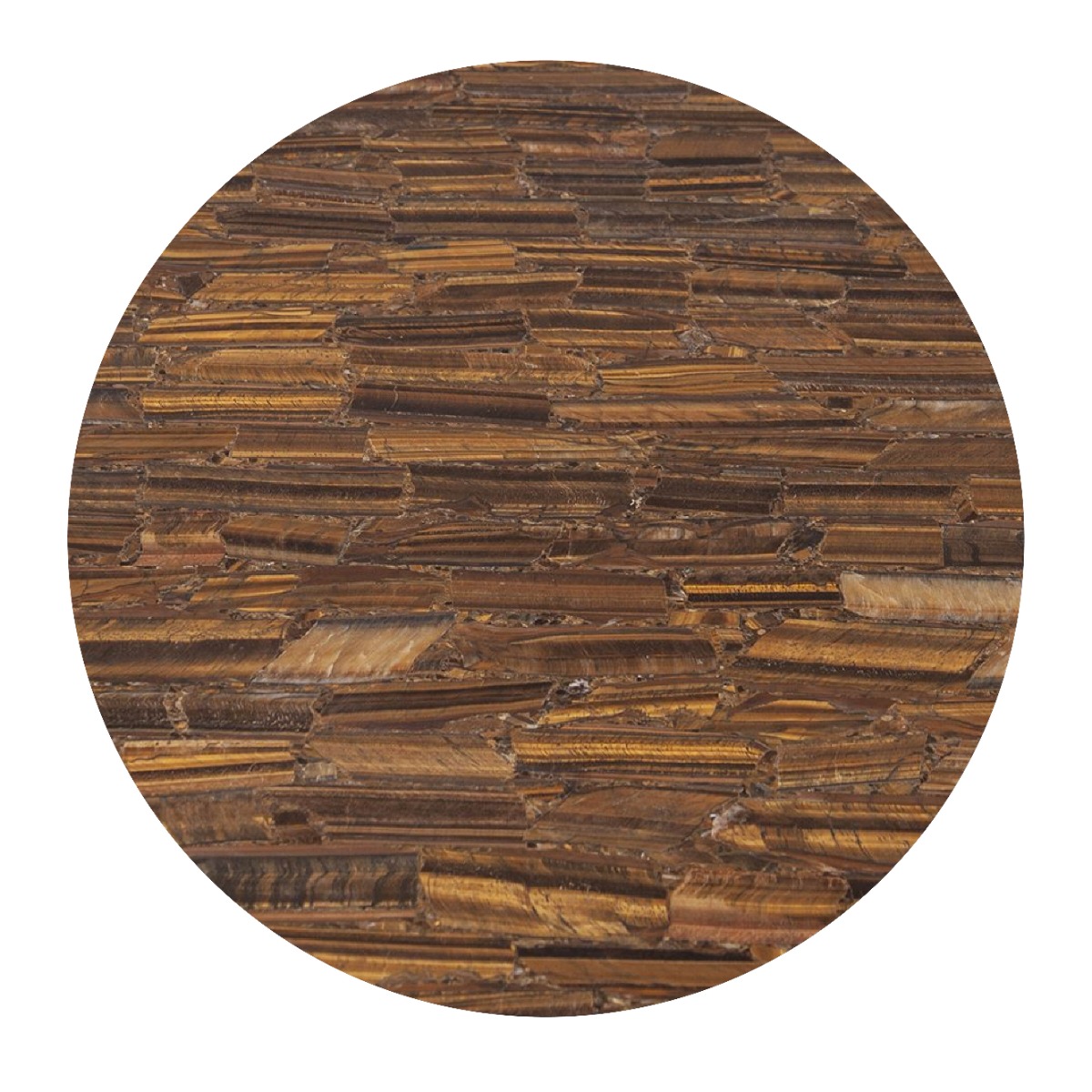

Tiger's Eye Stone
Golden-brown tones and signature chatoyancy create a bold, eye-catching surface that enhances high-end designs. Regular sealing is recommended to protect against stains and moisture. Avoid harsh cleaners that may dull its natural sheen. Best suited for statement pieces, accent tables, or low-traffic areas where its unique visual impact can shine without excessive wear.
Superior Craftsmanship
Each piece is thoughtfully designed and expertly constructed to ensure lasting durability and refined aesthetics.
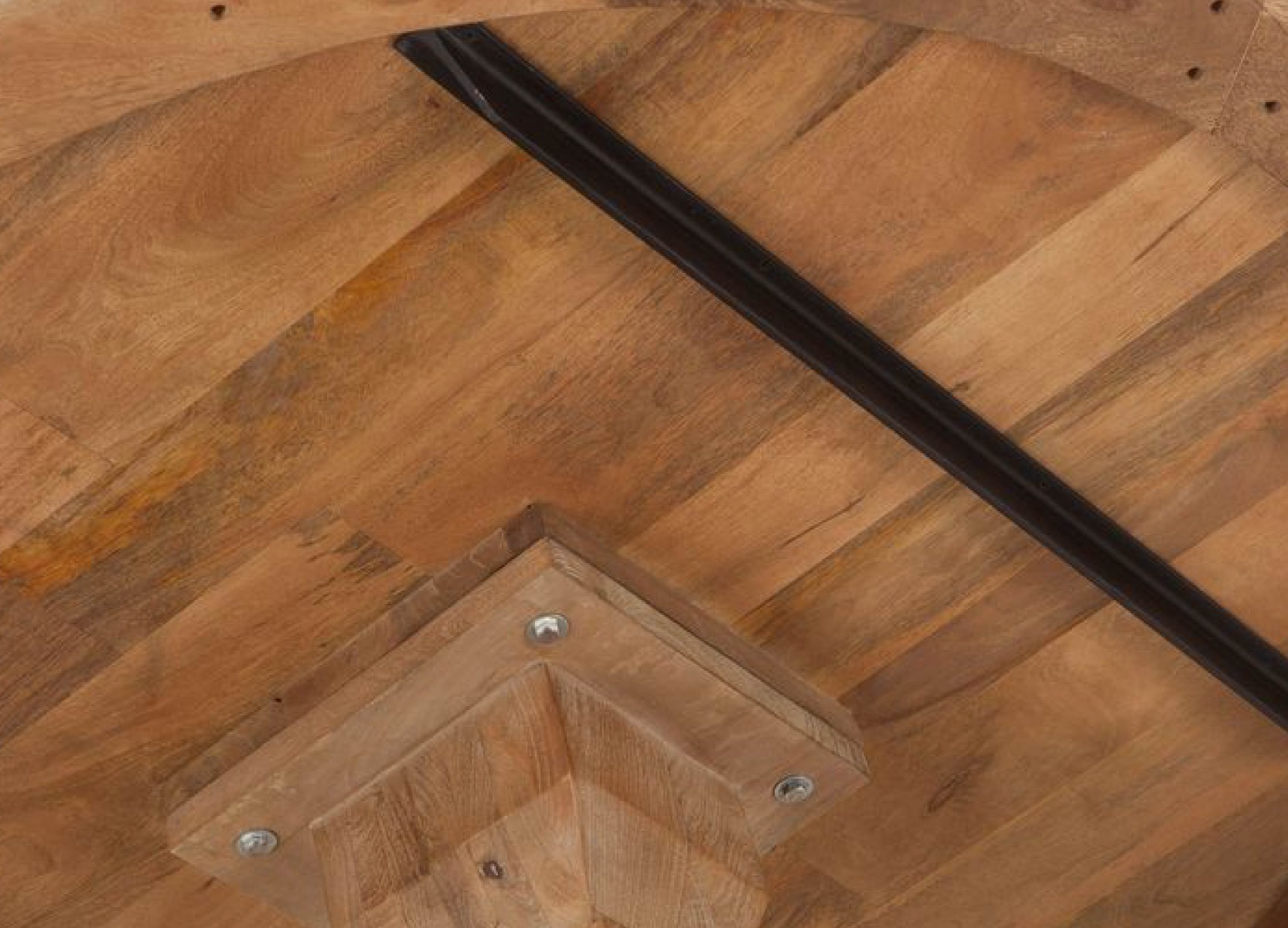

Floating Tops
Constructing furniture using solid hardwoods requires a high degree of technical accuracy and craftsmanship. Solid wood components must be allowed to expand and contract in order to prevent cracking and ensure structural integrity. One of the key methods of construction, to allow the natural movement, is using metal clips to attach tabletops and other panels. These clips have slots which allow for the natural movement of the wood.
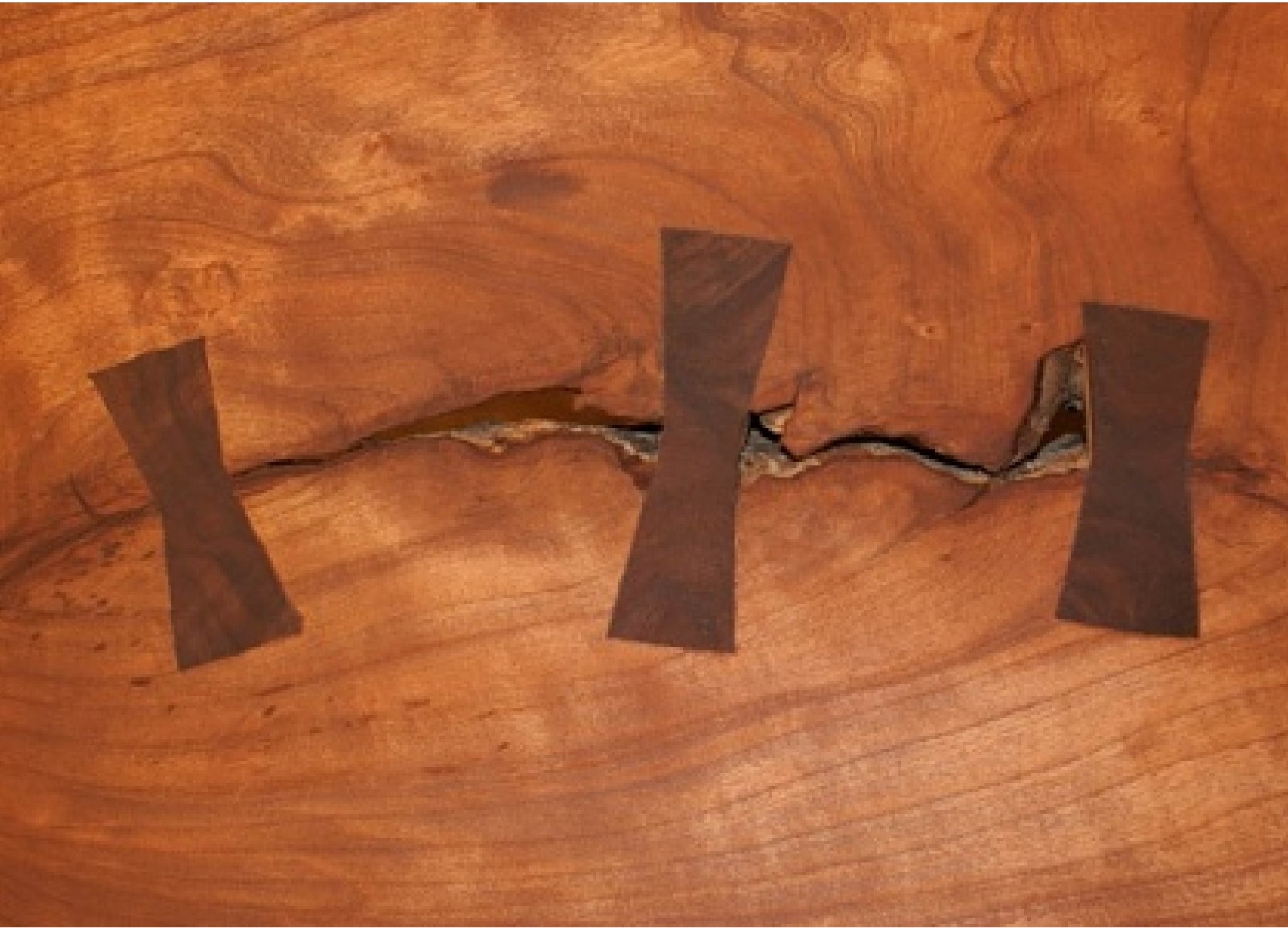

Dutchman Patches & Butterfly Joints
Often in reclaimed wood, there is the necessity to patch portions of the raw material that were used previously in old buildings, furniture, etc. When a dutchman patch is used care is taken to match grains and coloration as close as possible. Butterfy joints are used in solid wood to strengthen panels and other components where cracks may be present. In addition to adding to the heirloom quality of the product, both add beauty and uniqueness to each piece.
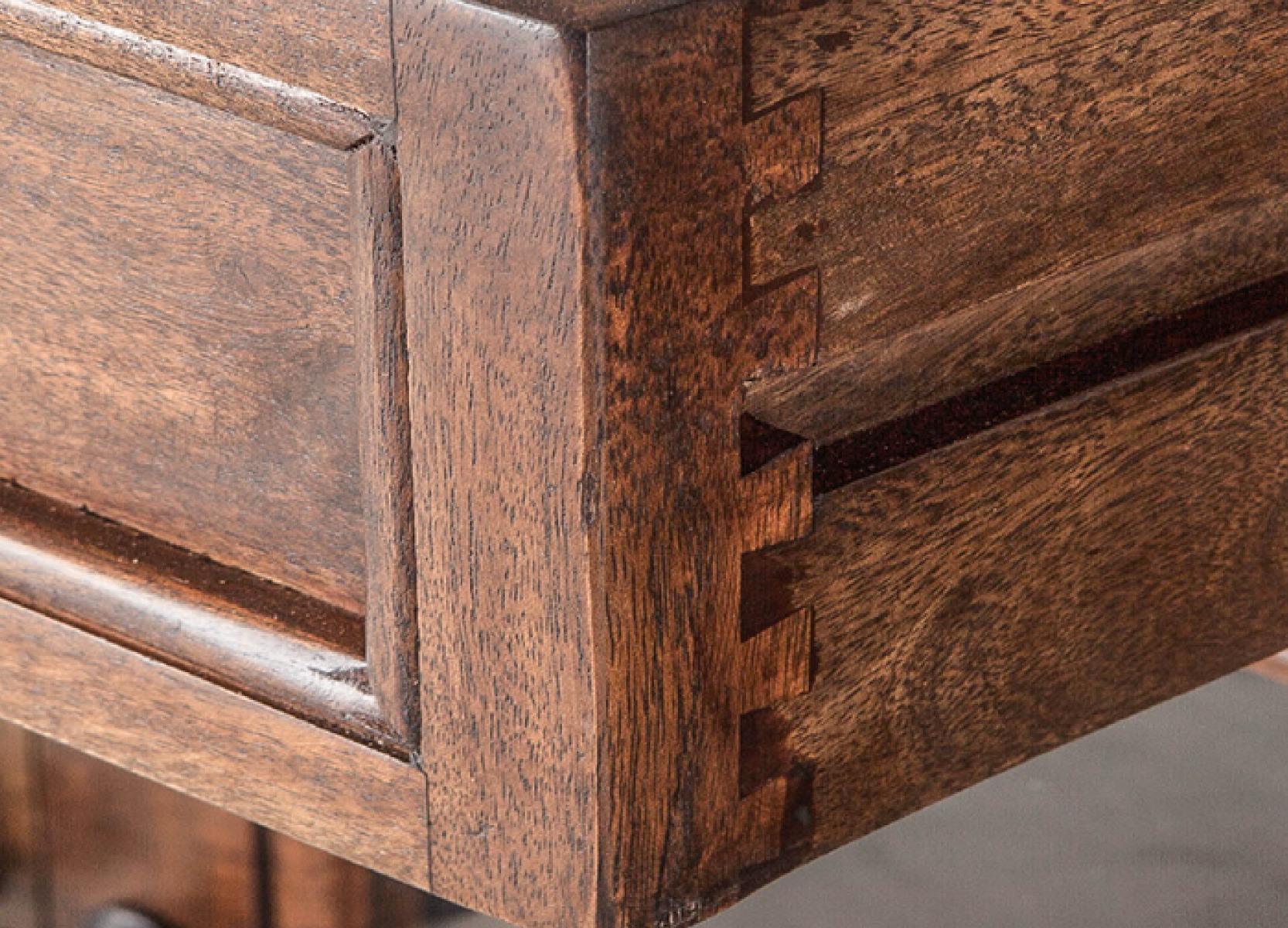

Dovetailed Drawers
An heirloom technique used over the centuries, dovetailing involves cutting interlocking grooves into the drawerfront and side panel which ensures long lasting durability even with daily use. Drawers also feature either wood glides (pictured), or metal glides with drawer stops for ease of use and safety. Drawers are constructed entirely of solid wood.
Construction Details
Thoughtful joinery, reinforced structures, and quality materials ensure each piece is built to last while maintaining a refined appearance.
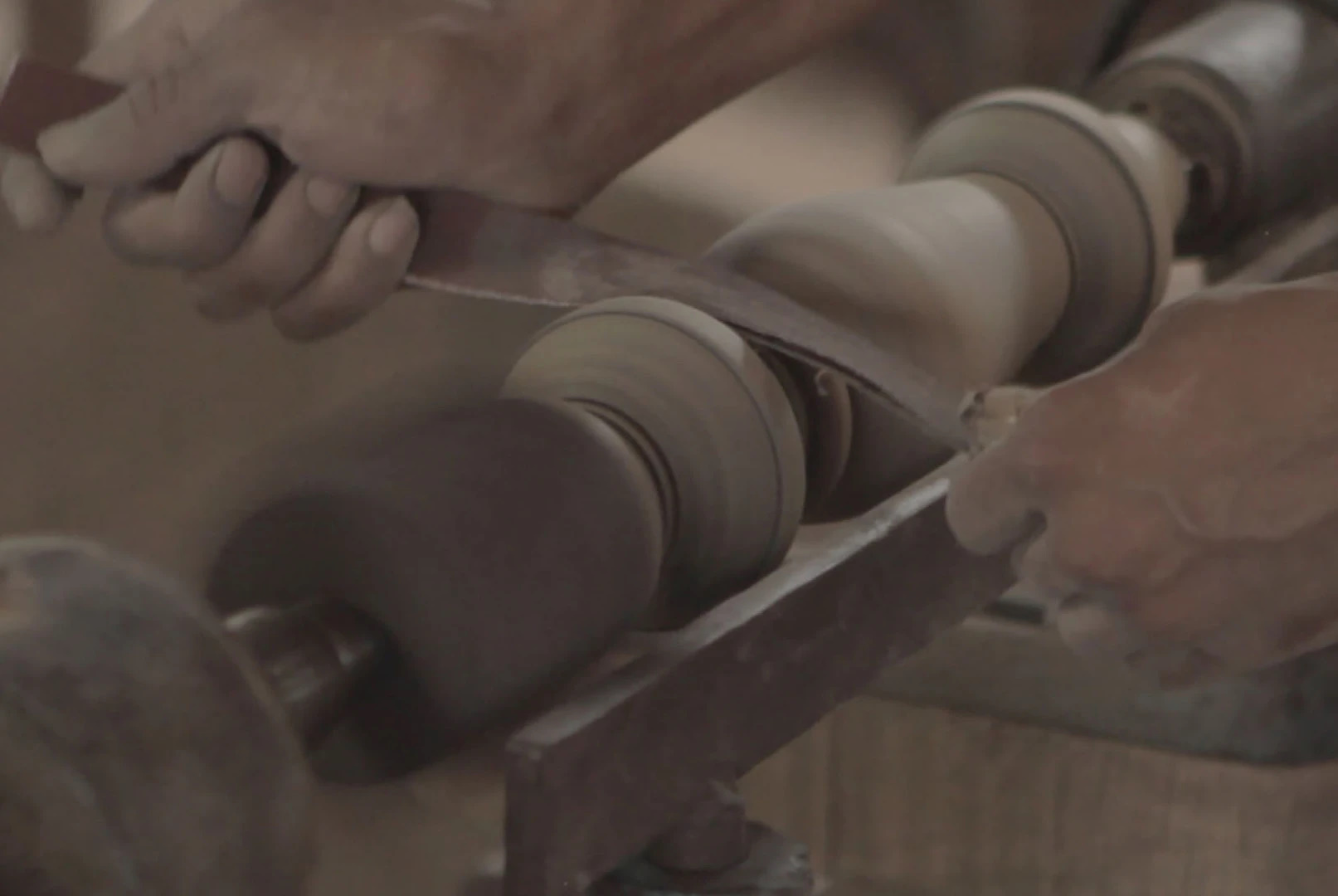

Hand-turned Components & Legs
Hand-turned components and legs are integral to the aesthetic appeal and structural strength of HTD's solid wood furniture, showcasing its handmade craftsmanship. Unlike machine-turned processes, each component is individually hand-carved on the turning machine. Additionally, they are meticulously hand-sanded before being removed from the lathe, as illustrated in the accompanying picture.
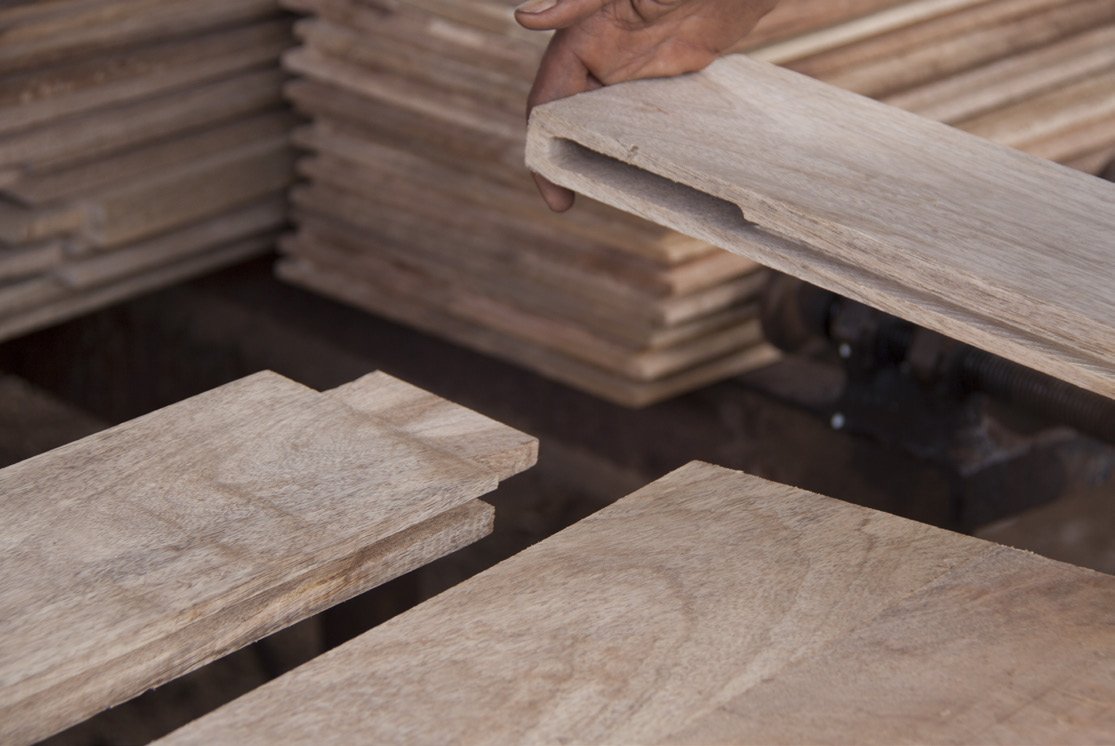

Mortise & Tenon Joinery
One of the oldest forms of furniture construction, mortise and tenon joinery dates back hundreds of years. Originally used to construct panels, tabletops, beds, this technique was used in eras before glues and other methods of construction. Mortise and tenons create extremely strong structural integrity, because the wood is interlocking. This serves as the primary method of construction used by HTD in most of its furniture.
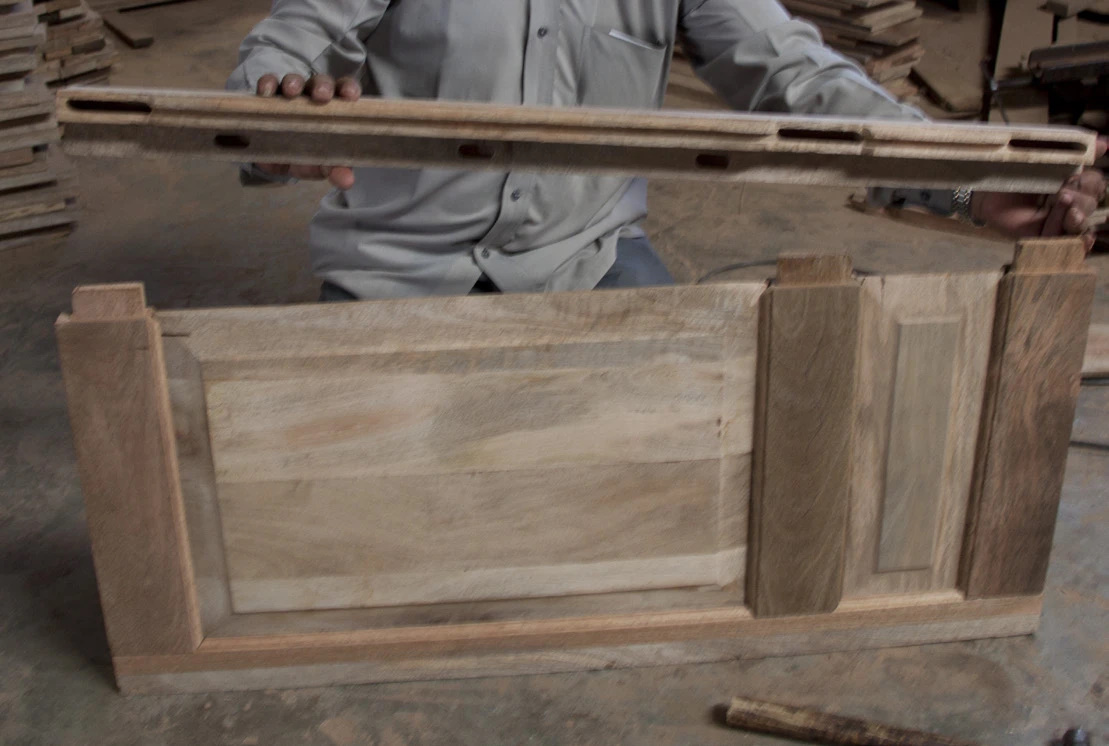

Dovetailed Drawers
An heirloom technique used over the centuries, dovetailing involves cutting interlocking grooves into the drawerfront and side panel which ensures long lasting durability even with daily use. Drawers also feature either wood glides (pictured), or metal glides with drawer stops for ease of use and safety. Drawers are constructed entirely of solid wood.

